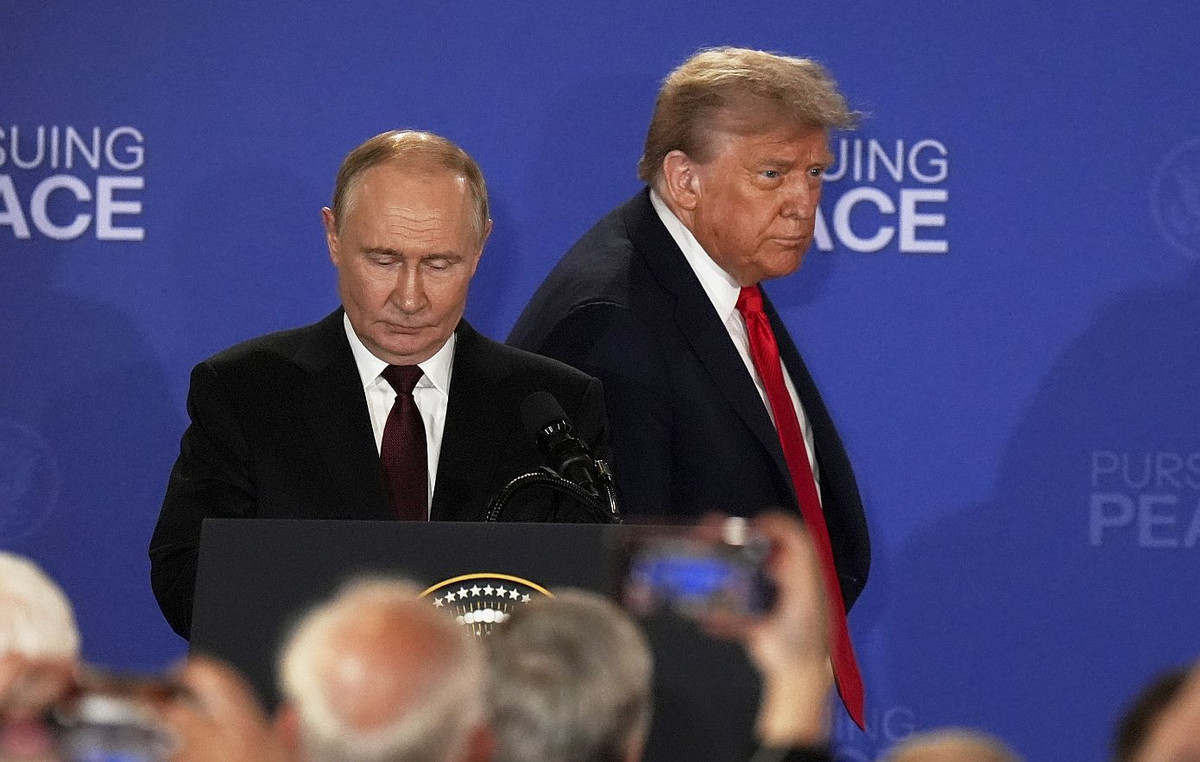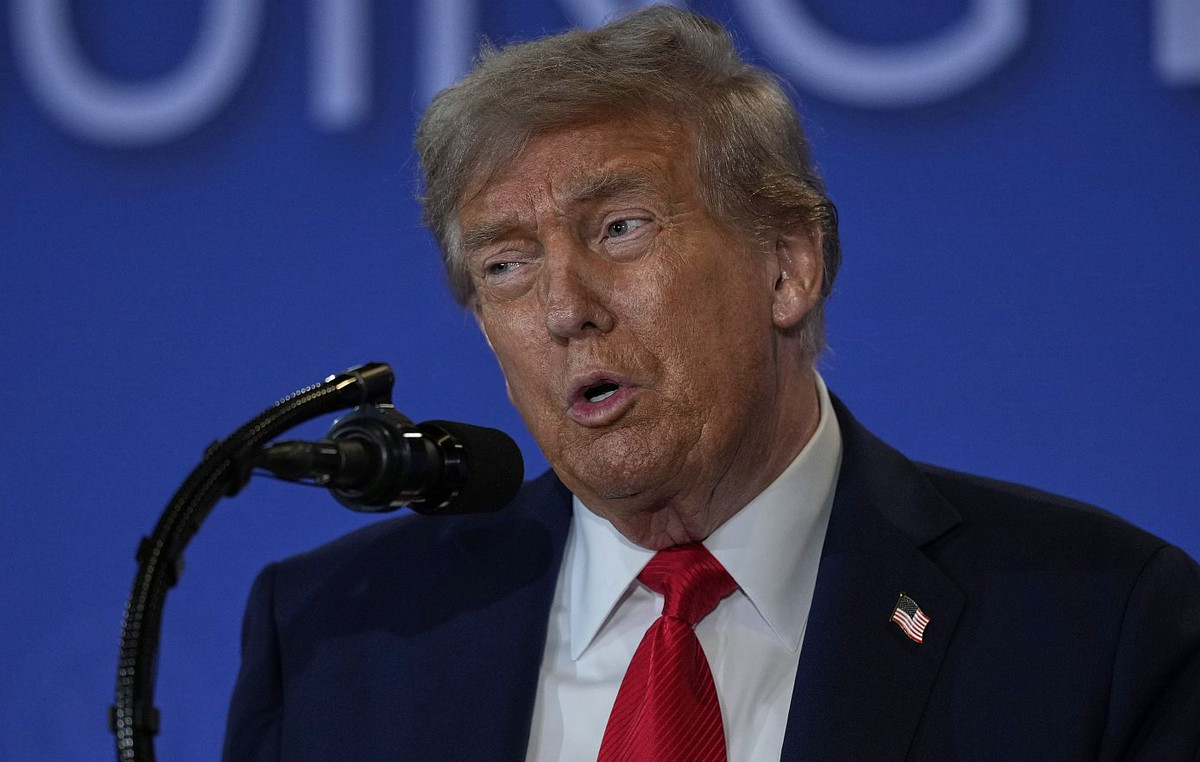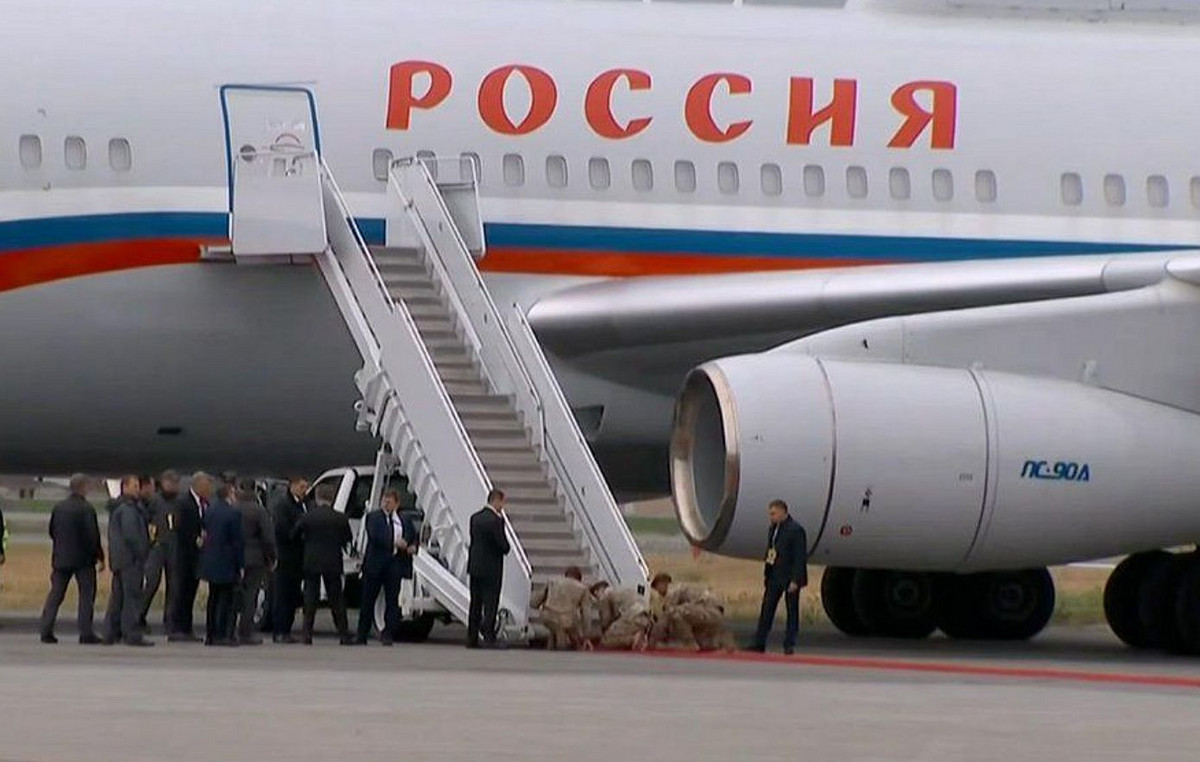THE Pervez Musharrafthe general who ruled Pakistan for nearly a decade after seizing power in a bloodless coup in 1999, oversaw the country’s rapid economic growth and attempted to introduce socially liberal values to the conservative Muslim country.
Musharraf, 79, died on Sunday (5/2) in a Dubai hospital after a long illness after spending years in self-imposed exile, Pakistani media reported and the Pakistani consulate in Dubai and the country’s embassy in Abu Dhabi confirmed. “I can confirm that he passed away this morning,” embassy and consulate spokeswoman Shazia Shiraz told Reuters. The chiefs of Pakistan’s Army, Navy and Air Force have condoled his death, the armed forces’ public relations department said.
For many years Pervez Musharraf enjoyed strong support and the biggest threat against him was al-Qaeda and other militant Islamists who tried at least three times to kill him.
But his use of the military to suppress dissent, as well as his support for the United States in its fight against al-Qaeda and the Afghan Taliban, ultimately led to his downfall.
Born in 1943 in New Delhi, Musharraf was four years old when his parents took part in the mass exodus of Muslims to the newly founded state of Pakistan. His father served in the foreign ministry, his mother was a teacher, and the family advocated a moderate, tolerant version of Islam.
At the age of 18 he joined the army and then led an elite commando unit, before becoming the head of the armed forces. He took power by ousting then-prime minister Nawaz Sharif, who had tried to oust him for giving the go-ahead to an invasion of Indian-controlled Kashmir, bringing Pakistan and India to the brink of war.
In the early years of his rule, Musharraf won international praise for his reform efforts, pushing legislation to protect women’s rights and allowing private news television stations to operate for the first time.
His love of imported cigars and whiskey and his appeals to Muslims to adopt a lifestyle of “enlightened moderation” increased his allure in the West after the 9/11 attacks in the United States.
After those attacks, he became one of Washington’s most important allies, allowing US forces to operate from secret bases on Pakistani soil with armed drones, which killed thousands of people, and he also ordered Pakistani troops into Pakistan for the first time. history of Pakistan in the tribal areas along the border with Afghanistan.
These moves helped legitimize his leadership abroad, but also helped plunge Pakistan into a bloody war against homegrown extremist militant groups.
In a memoir published in 2006, he claims he saved Pakistan from the wrath of the US, explaining that his country had been warned it would have to be “prepared for bombing that would send it back to the Stone Age” if it did not ally with Washington.
Pervez Musharraf also successfully lobbied then-President George W. Bush to fund the Pakistani military. Yet the loyalties of Pakistan’s armed forces have always been ambiguous: their powerful intelligence services made deals with the Taliban and al-Qaeda while supporting an insurgency against US troops in Afghanistan.
In other areas of foreign policy, Musharraf attempted to smooth relations between New Delhi and Islamabad.
At a regional conference in 2002, less than three years after he had launched the military operation against India, Musharraf shocked the world when, after finishing a speech, he suddenly moved towards Indian Prime Minister Atal Bihari Vajpayee to shake his hand and offered to talk with him about peace.
Analysts say the Kashmir issue – contested by India and Pakistan – came close to being resolved during Musharraf’s rule. But the peace process derailed shortly after he left power.
Under Musharraf, foreign investment boomed and Pakistan experienced annual economic growth of up to 7.5 percent – a rate that remains the highest in nearly three decades, according to World Bank data.
The later years of his presidency were however overshadowed by the fact that his rule became increasingly authoritarian. In 2006 Musharraf ordered military action that killed a tribal chief in Baluchistan province, setting the stage for an armed insurgency that rages to this day.
The following year, more than 100 students calling for Sharia law were killed when Musharraf refused to negotiate and ordered troops to raid a mosque in Islamabad. This led to the birth of a new militant group, the Tehrik-i-Taliban Pakistan, which has since killed tens of thousands of people in kamikaze attacks and daring raids.
Later in 2007, a kamikaze attack that killed opposition leader Benazir Bhutto sparked waves of violence. His efforts to control the judiciary also led to protests and the beleaguered Musharraf postponed elections and declared a state of emergency.
In 2008, as reported by the Athens News Agency, the first democratic elections were held in Pakistan after 11 years. Musharraf’s party lost and he, facing the possibility of being impeached by parliament, resigned from the presidency and fled to London.
He returned to Pakistan in 2013 to run for a seat in parliament, but was immediately disqualified. In 2016 he was allowed to leave for Dubai.
In 2019, a court sentenced him to death in absentia for imposing a state of emergency in 2007, but the verdict was later overturned.
Source: News Beast
With 6 years of experience, I bring to the table captivating and informative writing in the world news category. My expertise covers a range of industries, including tourism, technology, forex and stocks. From brief social media posts to in-depth articles, I am dedicated to creating compelling content for various platforms.







